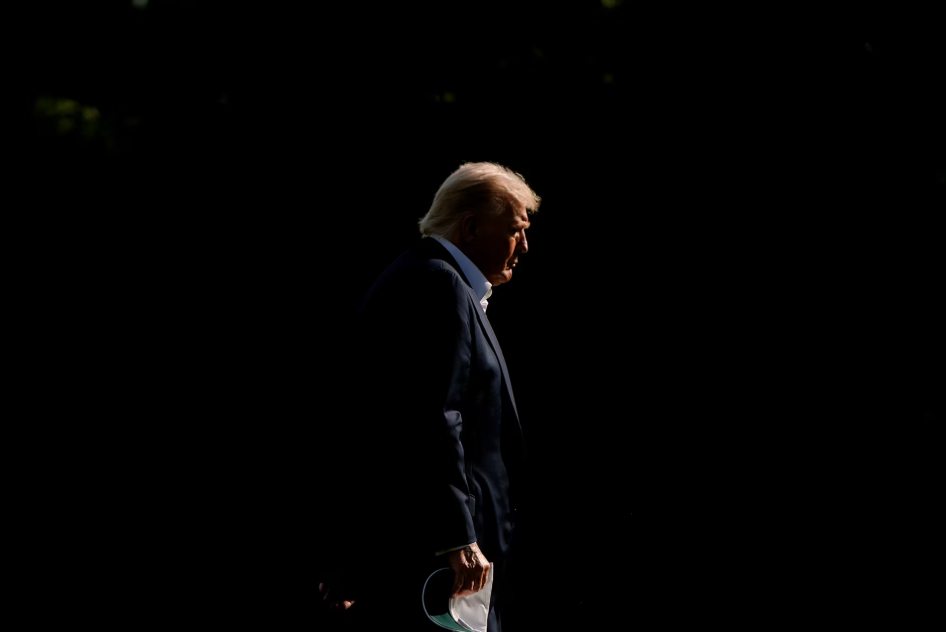President Trump said he will impose a 100% tariff on all movies made outside the US, an unprecedented move that rattles Hollywood and raises questions about legality and enforcement.
A Radical New Tariff Target
President Donald Trump announced Monday that his administration will impose a 100% tariff on all foreign-made films, expanding his protectionist trade agenda into cultural industries for the first time. The declaration, made in a Truth Social post, claimed that US moviemaking is “being stolen” by other countries.
“Our movie making business has been stolen from the United States of America, by other Countries, just like stealing candy from a baby,” Trump wrote.
The White House offered no details on how such tariffs would be implemented or enforced. Analysts quickly noted that movies are not a physical good but a service and intellectual property product, where the US has traditionally run a global trade surplus.

Industry Caught Off Guard
Hollywood executives were stunned when Trump first floated the idea in May, but Monday’s announcement gave the most explicit threat yet. “On first blush, it’s shocking and would represent a virtually complete halt of production,” one studio insider told CNN. “But in reality, he has no jurisdiction to do this and it’s too complex to enforce.”
Studios such as Warner Bros. Discovery, Disney, Paramount, and Netflix rely heavily on international box-office sales and cross-border co-productions. Modern blockbusters often involve financing, visual effects, and filming spread across multiple countries — making classification for tariffs nearly impossible.
Market Reaction
Investors appeared cautious but not panicked. Netflix (NFLX) slipped 1.5% in early trading following the announcement, while AMC (AMC) and Disney (DIS) ticked higher. Analysts suggested markets are skeptical Trump can actually follow through with the measure.
Hollywood’s business model, however, remains under pressure. US box office grosses peaked near $12 billion in 2018, collapsed during the pandemic to just $2 billion, and have yet to recover above $9 billion since. Streaming platforms have permanently reshaped consumer habits, while studios depend more than ever on overseas audiences for revenue.
Enforcement Doubts
Legal and trade experts question whether tariffs on movies are enforceable. Films fall under the category of services and intellectual property trade, not traditional goods. Co-productions with foreign studios further complicate enforcement — would a Marvel film partially shot in Canada or visual effects completed in New Zealand count as “foreign”?
Trump’s critics argue the measure is political theater designed to reinforce his “America First” economic message ahead of the 2026 midterms.
More Tariffs Coming
The movie tariff is part of a broader wave of protectionist measures. The Trump administration this week is set to impose:
- 100% tariffs on patented drugs (with some exceptions)
- 25% tariffs on heavy trucks
- 50% tariffs on kitchen cabinets and vanities
- 30% tariffs on upholstered furniture
Trump also hinted at a “substantial” tariff on all imported furniture, signaling his intent to widen tariff coverage across consumer industries.
Trump’s movie tariff threat highlights how far his administration is willing to push trade policy into new territory. While industry leaders doubt it can be enforced, even the threat injects uncertainty into Hollywood’s global business model. For now, Wall Street is cautious but not panicked — but if Trump follows through, studios that depend on foreign box office could face one of the most disruptive shocks in their history.
Related: Trump Targets Foreign Electronics With Chip-Based Tariffs
Trump Imposes Sweeping New Tariffs on Drugs, Furniture & Heavy Trucks










